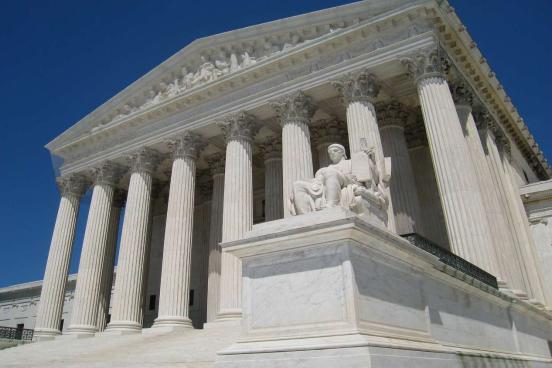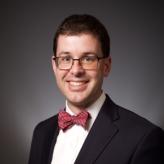US Supreme Court to decide whether govt can force nonprofits to disclose donors

 WASHINGTON – The U.S. Supreme Court agreed Friday to take a Michigan-based nonprofit’s case after the U.S. Court of Appeals for the 9th Circuit ruled that the organization—and all other nonprofits who solicit donations in California—must disclose the names and addresses of major donors to the California attorney general on an annual basis.
WASHINGTON – The U.S. Supreme Court agreed Friday to take a Michigan-based nonprofit’s case after the U.S. Court of Appeals for the 9th Circuit ruled that the organization—and all other nonprofits who solicit donations in California—must disclose the names and addresses of major donors to the California attorney general on an annual basis.
The 9th Circuit’s ruling reversed a district court’s decision, which found following a trial that the California attorney general’s office has no compelling need for the information. In addition, the office publicly disclosed donors on the internet when such information should not have been disclosed and created a perfect target for hackers by uploading thousands of confidential documents to the cloud, where they were easily discovered. In one instance, the attorney general’s office disclosed the confidential information of hundreds of Planned Parenthood donors.
“Every American should be free to support causes they believe in without fear of harassment or intimidation,” said ADF Senior Counsel and Vice President of Appellate Advocacy John Bursch. “The fact that California leaks confidential records like a sieve makes mandatory disclosure of sensitive information especially dangerous for donors and employees of nonprofits like Thomas More Law Center, who have faced intimidation, death threats, hate mail, boycotts, and even assassination attempts from ideological opponents. Given that the California Attorney General’s office hardly ever uses supporter information for any purpose, there’s simply no justification for forcing charities to disclose their supporters’ names and addresses and making freedom of association a pipe dream.”
Thomas More Law Center, a nonprofit organization based in Michigan, defends and promotes religious freedom, moral and family values, and the sanctity of human life. Roughly 5% of its donors are California residents, and it has operated as a charity in good standing with California’s attorney general for many years. However, in March 2012, the Attorney General’s Office began to harass the law center and demand the names and addresses of its major donors.
As the petition to the Supreme Court argued, the high court’s decision in NAACP v. Alabama—which protected NAACP supporters from being targeted by white supremacists—applies to this case, Thomas More Law Center v. Becerra. NAACP v. Alabama has protected freedom of association for 60 years, and today’s environment is no time to remove that key safeguard. Further, the California Attorney General Office’s offers no protection against employees, contractors, or summer interns downloading, e-mailing, or printing donors’ names and addresses and then disclosing them publicly.
As the petition explained, such disclosure is both damaging and unnecessary: “Requiring hundreds of charities to disclose donors’ names and addresses annually to a Registry with a proven history of leaking confidential information will have a devastating impact on support. In contrast, the Attorney General does not need donors’ confidential information, hardly ever uses it, and can readily obtain that data via an audit or subpoena on a reasonable suspicion of fraud.”
In the 9th Circuit, Thomas More Law Center’s case was consolidated with a similar lawsuit filed by Americans for Prosperity Foundation that the U.S. Supreme Court has also agreed to hear. Kaufman Dolowich & Voluck LLP attorney Louie Castoria is serving as California counsel in the case for Thomas More Law Center.
Alliance Defending Freedom is an alliance-building, non-profit legal organization that advocates for the right of people to freely live out their faith.
# # # | Ref. 68959
Related Profiles

